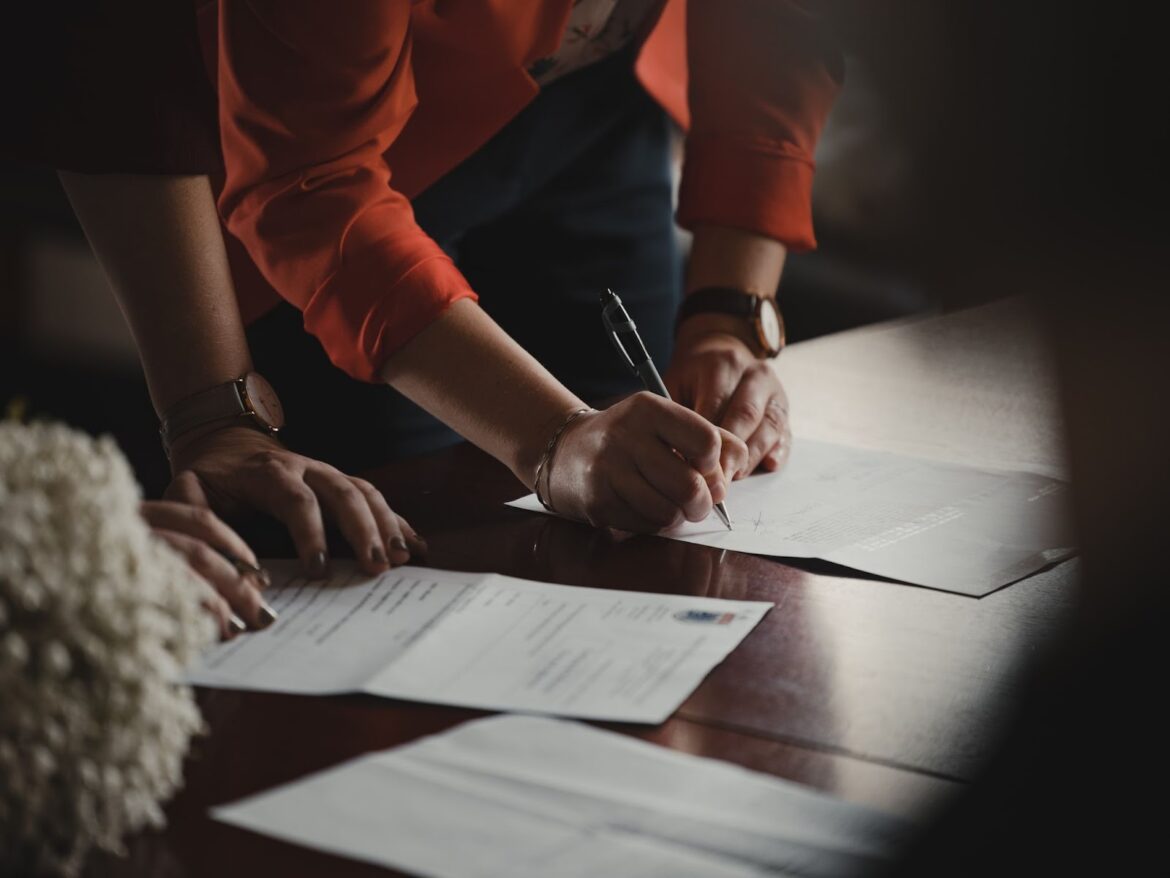All leases are complicated, but commercial leases can be particularly complex, featuring legal jargon and wording that can make it far too easy to sign something you shouldn’t. Research is key to ensuring that you only consider the right deals when looking at commercial offices for lease.
Along with support from a legal expert, it helps if you know your lease is fair and equitable. Although we can’t look over your legal documents for you, we can get you off to a head start with your research. Start by checking the following points before signing a commercial lease:
- What’s Included in the Lease?
You need to know which exact areas can be used for your business. Can you use the back area for refuse storage? How much of the frontage is included? Knowing this ensures you don’t break any rules of the contract. It also helps you make the most of the areas you can utilize for your business.
- Which Parts of the Property Will You Need to Repair?
You must understand the agreement around repairs so you can negotiate what you believe to be a fair responsibility. Sometimes, you need only worry about minor repairs. However, some contracts stipulate that the tenant must pay for maintenance, such as having the heating system serviced or the electrics checked.
Either way, you need to know what will be the landlord’s responsibility and what will be yours. So ask about this aspect first to ensure you understand what you’re signing up for long-term.
- Can You Get Out of the Lease?
You need to know how long the lease is, whether you can terminate it early, what the costs are in the event of an early termination, and if the lease can be extended after it finishes (security of tenure). Knowing all of these details is crucial, so you don’t end up in a financially difficult situation.
- How Much Can the Property Be Altered?
Within the lease, it should say whether or not you can alter the property, and if you can, what restrictions are in place for those alterations. In that respect, it’s similar to a residential lease, where some landlords allow decorating, and some don’t.
With commercial leases, there will be similar details about whether or not you can alter the property. If you can, it should say whether or not those alterations have to be removed or reversed when you vacate the property.
- Is the Deposit Protected?
As with residential properties, commercial property landlords usually request a deposit as protection in the event rent cannot be paid, or in case the property is damaged. It can be a little more complex with commercial properties, so it is essential to know the deposit details and go through them with your legal advisor.
- Are There Extra Laws Around Property Usage?
You must ask about any environmental expectations, restrictions on how the property is used, nuisance laws, and conservation restrictions. Basically, you need to know about any specific rules and regulations surrounding the way the property is used. This step will help you avoid frustrating headaches after signing the lease.
The important thing is to ask questions, check, check, and then check again before you sign the commercial lease. Questions should be expected by the landlord and their legal advisor, so do all your due diligence and more – it can only protect you from issues later down the line.




